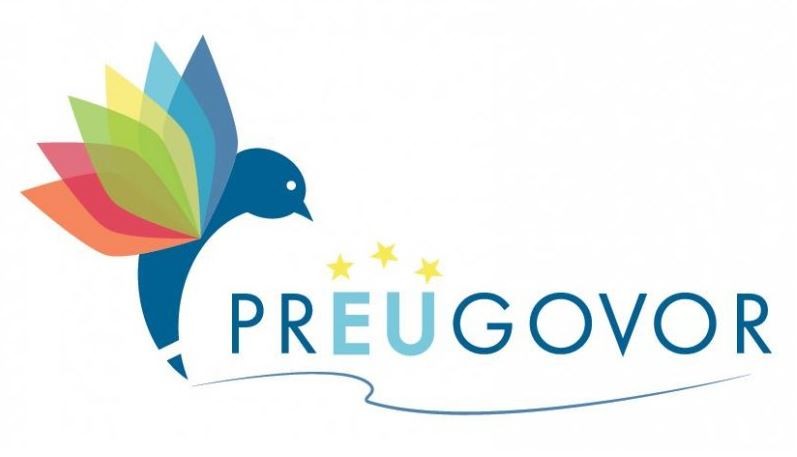In 2020 a reform of the European Union’s enlargement policy is expected and the debate on EU’s internal reform kicks off, while Serbia prepares for parliamentary elections in the spring, as well as adoption of constitutional amendments in the area of judiciary and finalizing the revision of action plans for negotiating chapters 23 and 24. Coalition prEUgovor reminds the EU that the enlargement policy is its most effective foreign policy instrument and the foundation of its influence in the Western Balkans. It also reminds the Government of Serbia that the accession process cannot be a goal on its own, but is rather a means to achieve substantial progress in further democratization and state organisation based on the Rule of Law. The political will to continue the enlargement process has to be visible and clear from both sides for the reforms to continue.
In that context, the prEUgovor coalition:
- Welcomes the reform of the enlargement policy and the launch of the Conference on the Future of Europe, noting that these reform processes should be transparent and inclusive, efficient and with a certain membership perspective for the Western Balkans countries. The prEUgovor coalition calls EU institutions and member states to open the accession negotiations with North Macedonia and Albania as soon as possible, as well as to include countries of the region in the debates on the future of Europe.
- Welcomes the introduction of the Rule of Law monitoring mechanism in EU member states. The prEUgovor coalition recommends implementation of unique metodology for Rule of Law monitoring in both the member states and the states in the accession process.
- Calls the EU to more effectively respond to challenges of state capture in the Western Balkans by commissioning an independent analysis of the mechanisms that endanger democracy and lead to the capturing of public institutions for private and political purposes and by publishing that analysis for all countries of the region, as it has done for North Macedonia, and recently for Bosnia and Herzegovina (B&H).
- Calls the Government of Serbia to appoint the new chief of the Negotiating team with relevant expertise in EU affairs and experience in public administration.
- Notes with regret that another year has been lost in the process of revision of action plans for Chapter 23 and Chapter 24. The coalition prEUgovor also notes that the European Commission had serious remarks on the language and content of the draft revised action plans. While many technical recommendations submitted by the civil society have been adopted, the key implementation challenges of the Rule of Law reforms that have been identified during the first four years of the APs’ implementation have not been tackled. prEUgovor is worried that revised action plans would be implemented only formally, without any serious progress in the area of the Rule of Law. Coalition prEUgovor calls the Serbian Government to conduct and publish an evaluation of outcomes of the Action Plans’ implementation during the first four years, and to report to the public about activities conducted in parallel to the AP revision process. In that sense, the issue of lack of implementation of the activities envisaged in the APs for Chapters 23 and 24 should remain on the agenda of all the Government’s sittings until the problems are resolved.
- Welcomes the involvement of the European Parliament in the mediation of dialogue on electoral conditions in Serbia before the parliamentary elections in spring 2020. However, measures agreed during the dialogue, the adopted changes regarding the financing of election campaigns and prevention of public office abuse, as well as proposed solutions regarding media coverage are insufficient to improve the environment in which the electoral process will be conducted. Therefore, prEUgovor calls the Government of Serbia and EU to request ODIHR reviews and evaluation of the adopted legislative changes against previous ODIHR recommendations from 2016 and 2017.
- Raises concern about the limited possibilities for dialogue in the media and key political institutions such as the Parliament. It is of key importance to ensure conditions for fair and meaningful discussion of issues of significance for the citizens and the country’s future.
- Notes with concern that the weakening of independent oversight institutions continues to hamper external oversight of the executive. Ahead of the spring elections, the independence and the quality of work of the Anti-Corruption Agency and the Regulatory Authority of Electronic Media (REM) should particularly be improved.
- Calls key political power holders in Serbia to decisively condemn and respond to attacks on civil society organisations, investigative journalists, unions, opposition, and all persons that represent critical voices of society and point to problems in local and state administration, as well as to refrain from participation in such attacks.
